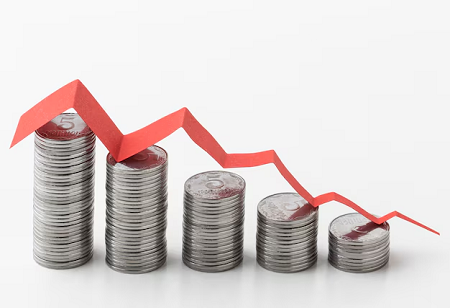


On January 30, 2025, the Hong Kong Monetary Authority (HKMA) announced that it would maintain its base interest rate at 4.75%. This decision comes as the HKMA indicated that interest rates in Hong Kong are likely to remain elevated due to ongoing uncertainties surrounding U.S. monetary policy. Federal Reserve Chair Jerome Powell has stated there is no rush to lower U.S. rates, which adds to the cautious outlook for interest rates in Hong Kong. [c7957de9]
The HKMA has previously lowered rates three times in 2024, with the most recent cut being a quarter point in December. Despite these adjustments, the authority has emphasized the importance of managing interest rate risk for borrowers, highlighting the need for financial prudence in a fluctuating economic environment. [c7957de9]
In a broader context, the Federal Reserve's recent decision to hold its benchmark interest rate steady at 4.25-4.50% reflects similar concerns about inflation and economic stability. This decision was made during the FOMC meeting held on January 28-29, 2025, and underscores the Fed's cautious approach amid ongoing economic challenges. [24aaedf5]
As the Bank of Korea (BOK) faces pressure to cut its interest rates, the disparity between U.S. and Hong Kong rates could influence regional economic dynamics. The BOK maintained its rate at 3.00% in January 2025, citing the need to stabilize the won and address domestic economic concerns. [25ddde7a]
The interplay between these central banks will be crucial in shaping the economic landscape, as analysts suggest that the Fed's stance may impact the timing and extent of potential rate cuts by the BOK and influence Hong Kong's monetary policy as well. [24aaedf5]